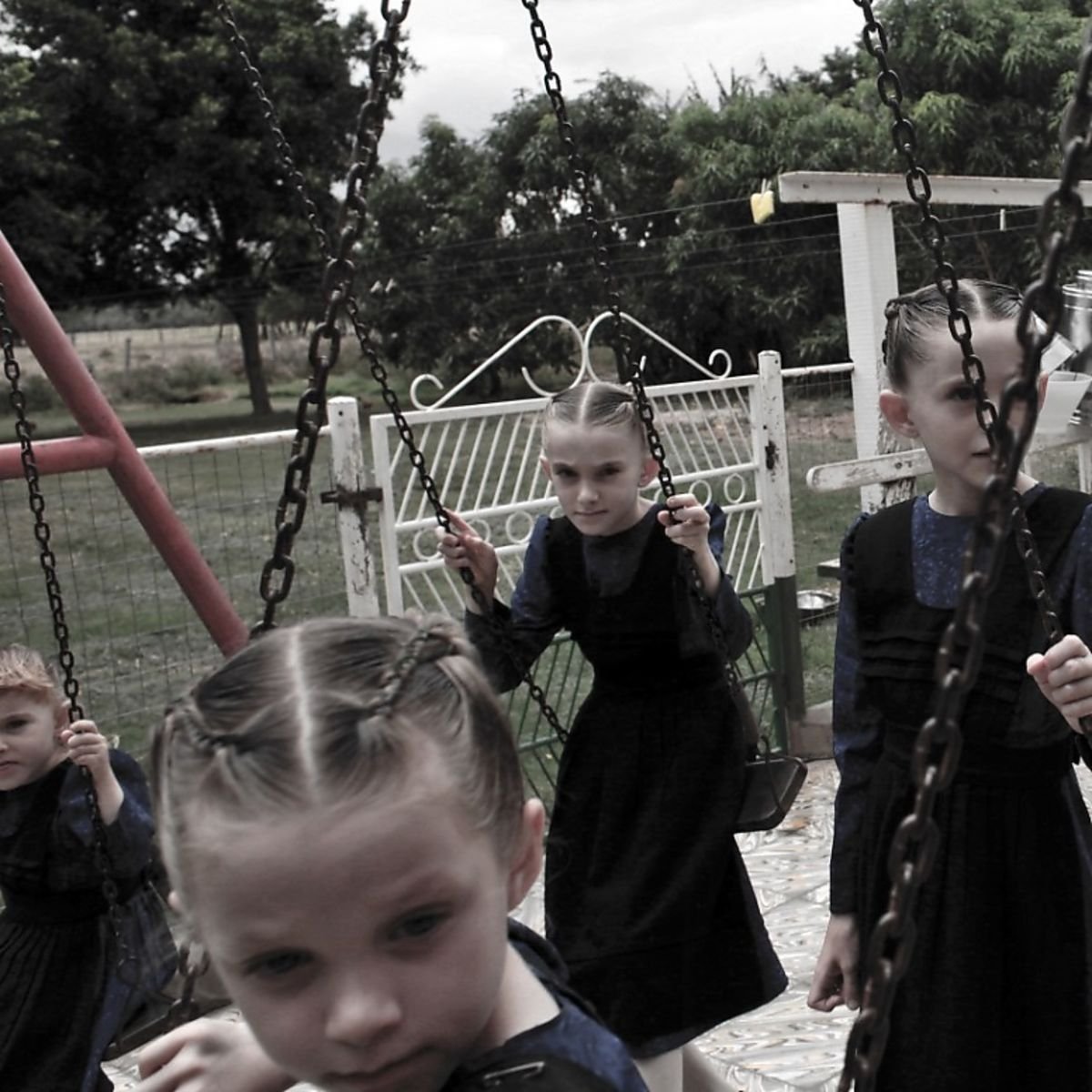
6.0
Crystal Castles
Amnesty (I)
Alice Glass’ departure from Crystal Castles late in 2014 kicked off a messy and very public dispute. As the first album with a new vocalist, Amnesty I isn’t much of a departure from the band’s time-tested formula: dark electronic music flooded with the tropes of punk and hardcore. Despite producer Ethan Kath’s best efforts to transcend that – politically, emotionally, and sonically – Crystal Castles without Glass has revealed itself to be little more than a vanity project.
The contention between Glass and Kath was mainly over authorship. In a statement he later took down, Kath accused the vocalist of having minimal contributions to the group, declaring that Glass “didn’t appear on Crystal Castles’ best known songs”. Glass refuted the claim, replying that she had written a significant amount of the lyrics and melodies for the project. Kath’s claim was that his bandmate was disposable, and when she left the band, he set out to prove just that, by replacing her. When Crystal Castles, minus-Glass, were invited to play a feminist fundraiser at SXSW this year, Glass commented that Kath was “not an appropriate artist to be performing at a feminism-centric event”. The organizers took Crystal Castles off the bill a few hours later.
While she holds her own, Edith Frances, the group’s new vocalist, doesn’t stray much from what Glass was doing vocally. The story of how Kath meant Frances is basically a variant on the Alice Glass narrative: Frances was couch surfing in Los Angeles and ran into Kath at a show, and he took the 21 year old under his wing. Kath, who saw previous success with the hard rock group Kïll Cheerleadër, plays talent scout with young female vocalists in vulnerable positions. The album’s vocals run the spectrum between the ethereal and a raw, scream-filled distortion. Neither of the two poles feels cheap or disappointing, it just feels that Kath is deciding where and when the spectrum shifts.
There are some changes to the sound though. The left-field cooing of their debut record is nowhere to be found. The dense noisey sections, once the band’s calling card, seem more refined on this album, often acting only as a temporary moment between clean, enjoyable beatmaking. There are a few shining moments here too. “Chloroform”’s, buzz melody is catchy and belligerent. “Concrete” is a well-executed and entirely engaging techno track. If there’ve been any growth for Kath as a producer, it’s most likely to be found in the Trap influences on this album. Hi-hat patterns, especially, play a big part on Amnesty I, and to good effect, stripping down the beats to give a better sense of the composite parts.
Like iii, Crystal Castles look to hit on some loftier meanings in Amnesty I. The album cover of iii was a stylized version of an image that won the World Press Photography award in 2012 – a dramatic scene of mother and child following a street demonstration in Yemen, which was presumably meant to complement the band’s statement about the album in which they declared that “Oppression is a theme, in general”. Amnesty I builds on that through social entrepreneurism, taking things a step farther by promising to donate the proceeds of the album to Amnesty’s human rights campaign. Both Crystal Castle’s sound, and their music-making process, does little to echo these political concerns in any meaningful way. The intro track, “Femen” for instance, which, one might guess, is named after the radical feminist group, samples a choral singing Nirvana’s “Smells Like Teen Spirit”, specifically the lyric “for a reason” repeated over and over again. We’re left to wonder if there is indeed a reason, or if this is just political for the sake of it.
Perhaps the most disappointing thing is that Crystal Castle’s was always very good at making industrial, high-energy club music. During their prime, they were morose and sinister but highly palatable, best known to many for their appearance on Skins. They were big on Tumblr (really big on Tumblr), mostly thanks to Glass. There’s nothing wrong with that, but if Crystal Castles hadn’t been so intent on taking the moral high ground, Crystal Castles – Kath mainly – could have probed the political from a more immediate vantage point, likely to a much greater effect.
review by Josua Gabert-Doyon
Latest Reviews
Tracks
Related Albums
Related News
Advertisement
Looking for something new to listen to?
Sign up to our all-new newsletter for top-notch reviews, news, videos and playlists.










